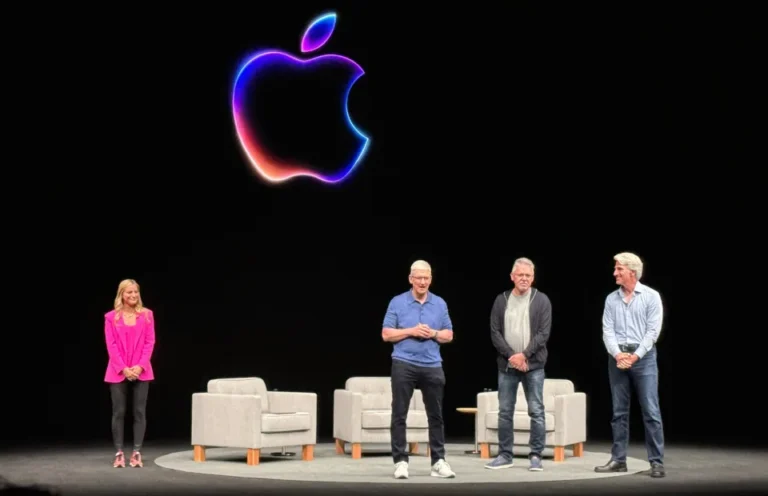It is of the utmost importance that you are aware that no one, not even Apple, can access the information that is utilized to accomplish the processing of your request.
Apple has, for many years, emphasized the importance of privacy as the primary edge it had over competitors such as Google and Microsoft. Rather than depending on cloud processing to enhance or organize your images, which entails transmitting your photographs to Google’s servers, Apple does these operations immediately on your device. This eliminates the need to send away your photographs. However, with the introduction of Apple Intelligence, the company’s interpretation of artificial intelligence, the company is venturing outside of its comfort zone with the introduction of “Private Cloud Compute.” Because the word “private” is prominently displayed in the name, it must be safe, right?
Certain models will be executed locally by Apple AI; but, in order to fulfill more complicated requests, it will occasionally be required to send data to Apple’s servers. The question is, how does the corporation square this with the security position it has taken in the past?
The Senior Vice President of Software Engineering at Apple, Craig Federighi, has stated that the company is exercising extreme caution with regard to the manner in which it transmits your data to its servers. “You’re putting a lot of faith in the cloud… with Private Cloud Compute, the stakes are even higher,” he said during a conversation that took place at WWDC 2024 with John Giannandrea, who is the chief of artificial intelligence at Apple, and iJustine, who is an influencer on YouTube.
During the keynote address at the World Wide Developers Conference (WWDC), Federighi demonstrated how Apple AI could assist him in rescheduling a meeting and determining whether or not he could still attend his daughter’s dance recital. Apple’s artificial intelligence was able to ascertain the identity of his daughter, as well as the location of her event and the projected amount of time it would take him to go from his appointment.
According to Federighi, Apple is not uploading all of your data to the cloud; rather, it is only uploading the most significant pieces of information that are pertinent to the query you are making to Apple AI. Due to the fact that it employs the same IP masking technology as iCloud Private Relay, your server request is completely anonymous. Federighi also mentioned that Apple’s cloud servers do not have the capacity to maintain logs and do not have any permanent storage in their server infrastructure.
According to Federighi, Private Cloud Compute servers are operating software that has published images for security researchers to examine. This is done in order to give the situation an even higher level of protection. Because Apple Intelligence devices are only able to communicate with servers that are running those approved images, any modifications that are made to the servers will require the local devices to be updated in order for them to be able to view them.
It’s possible that this procedure is a little bit limited, but that’s exactly the goal. It is what Federighi refers to as “a step up” in terms of the level of trust that can be placed in server computing. “It’s essential that you know no one—not Apple, not anyone else, can access the information used to process your request,” he explained to reporters.

